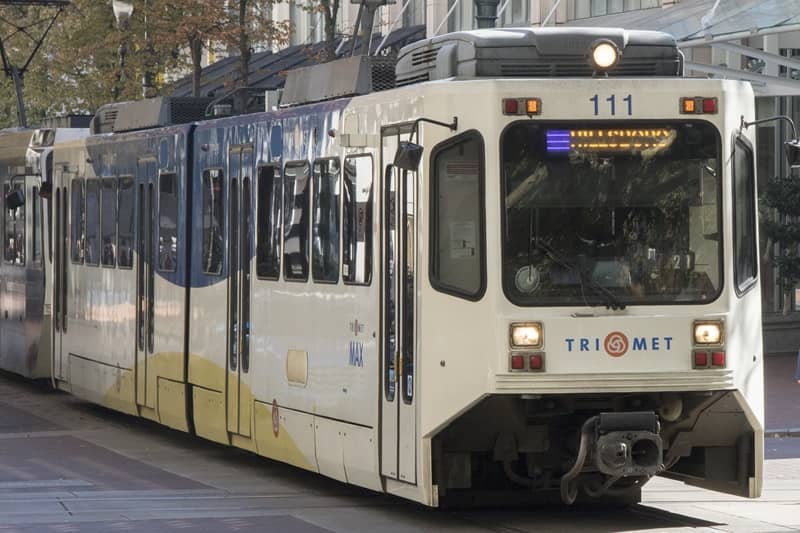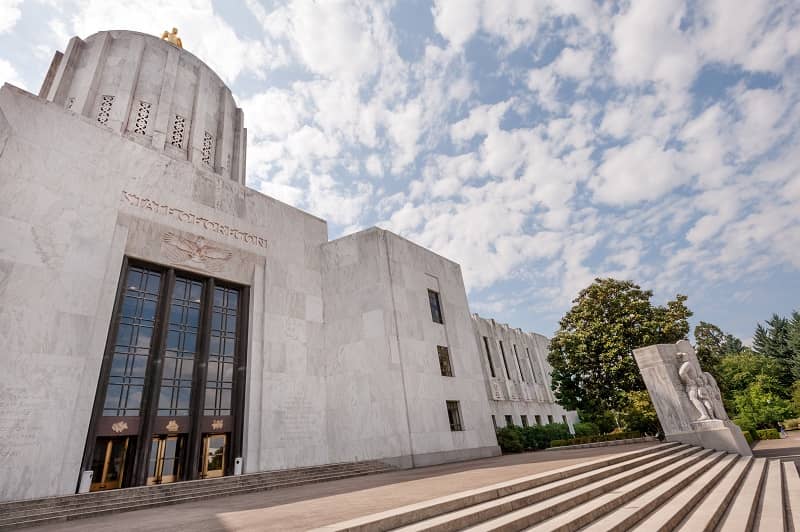John A. Charles, Jr. presented this testimony to the TriMet Board of Directors on May 28, 2014 with regard to their proposed expansion of the Westside Express Service.
Board members:
Below are my comments on Resolution 14-05-27, Adopting the Fiscal Year 2014-15 Annual Budget and Appropriating Funds, for your May 28 meeting:
Assumed cost of fringe benefits: According to the introductory narrative, the proposed FY 15 budget “assumes management’s initial offer for active and retiree health benefits.” This is consistent with the budget statements from previous years, which have tended to “assume away” unpleasant aspects of labor negotiations. It does not seem prudent to continue making these assumptions, based on the history of TM labor negotiations over the past 22 years. As much as I like seeing the proposed expansion of service, perhaps it would be better to scale back service enhancements and set aside more funds for a worst-case outcome on the cost of health benefits.
Plans for WES expansion: The staff recommends purchasing two additional vehicles for WES, at a cost of $8.5 million, or $13.2 million over 20 years of debt service. All of those costs will cannibalize other general fund programs. I’d suggest that this proposal be pulled from the budget and possibly added back later, after further public vetting.
WES is TriMet’s most expensive fixed-route service, but I’m not aware of any justification that has ever been offered. Fewer than 1,000 TriMet riders benefit from these subsidies each weekday. Why are WES riders so privileged?
To put the issue in context, below are the costs of WES compared with those of similar bus service offered by SMART of Wilsonville. While WES is undoubtedly a nicer and quicker ride for users, the cost premium is difficult to justify to non-riding taxpayers who have to make up the difference.
Express Service from Wilsonville Station to Beaverton Transit Center
| Operating cost/mile | Operating cost/hour | |
| TriMet Express Rail | $43.74 | $949.84 |
| SMART Express Bus | $ 1.30 | $ 83.17 |
In addition, WES is an energy hog. According to a new report by the Federal Railroad Administration, the average energy consumed by all commuter rail systems in America during 2010 was 2,923 British Thermal Units (BTU) per passenger-mile. WES was close to the bottom: It consumed 5,961 BTU per passenger-mile, more than twice the national average (by comparison the top performer was Stockton, CA: 1,907 BTU/passenger-mile).
Not only is WES inefficient compared with its peer group, it is wasteful compared with other modes of travel. The national average for all transit buses in 2010 was 4,240 BTU per passenger-mile; for light-duty cars, the average was 3,364.
WES has always been a planning mistake. Before the Board decides to double-down on failure, there should be careful consideration of an alternative action: terminating service. None of the current board members had anything to do with the original decision, so no one should feel a personal need to defend it. Certainly terminating service would result in some short-term costs because of likely re-payment penalties to the federal government, but at some point the lower operations would provide net benefits to taxpayers (including those outside of TriMet’s district in Wilsonville, who pay TriMet more than $25,000/month to subsidize train operations).
In a typical year, there are very few opportunities for the Board to actually express a clear policy choice for TriMet’s future; most decisions are made by the staff. This is a rare chance for the Board to isolate two distinct policy options, consider the long-term effects, and express an independent preference for one of those options. I strongly encourage you to defer action on the proposed purchase of additional WES vehicles for at least another 60-90 days in order to have that public conversation.
Sincerely,
John A. Charles
Cascade Policy Institute











